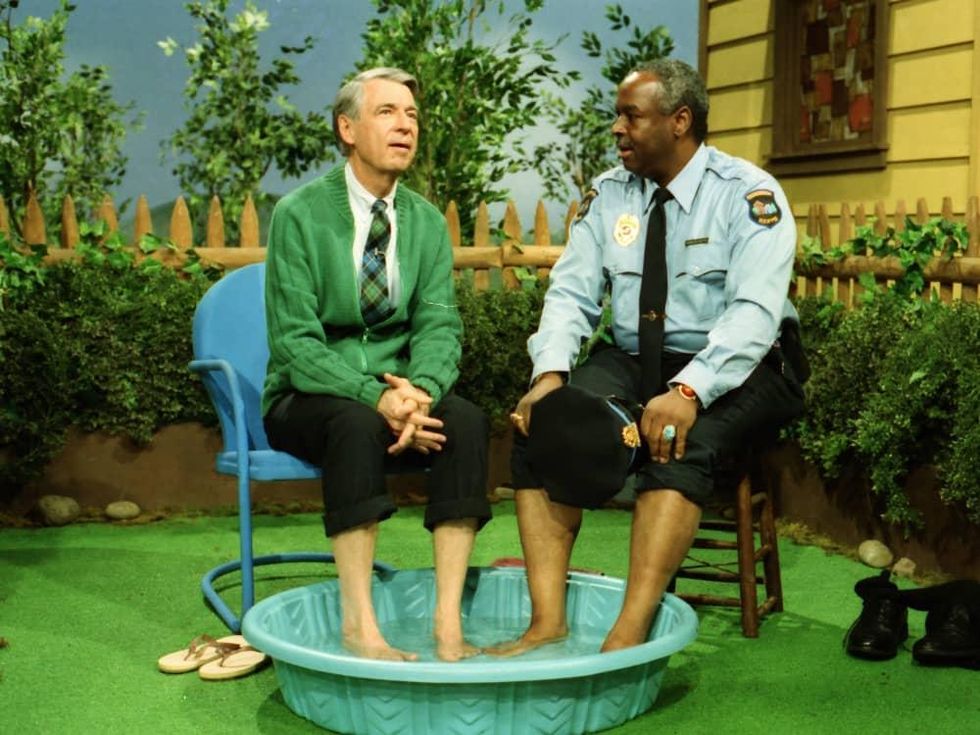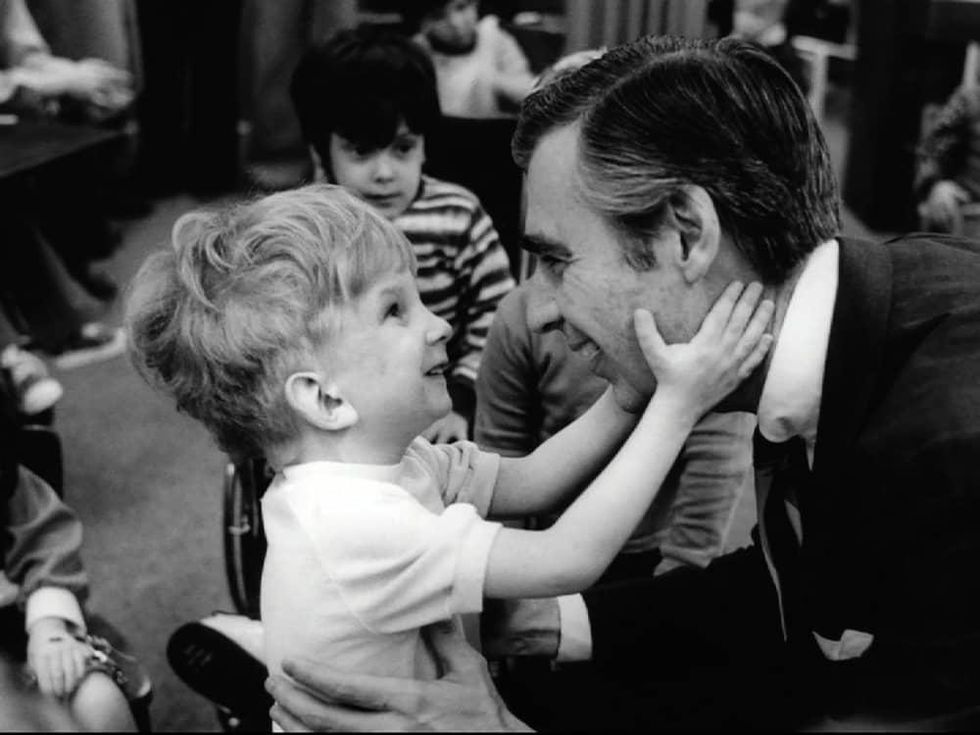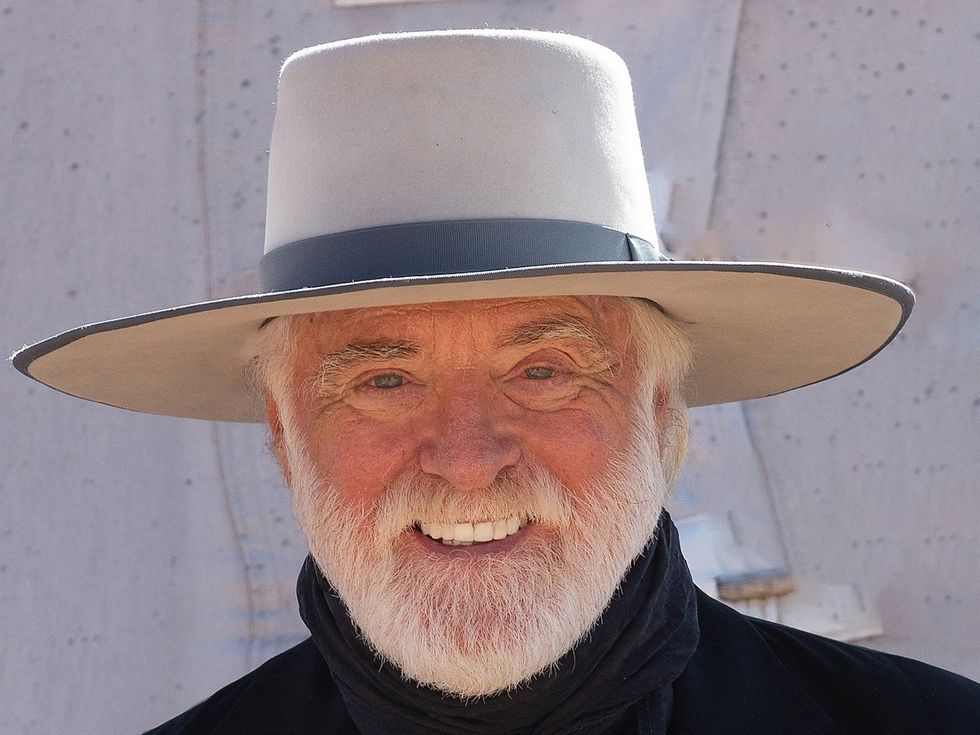Luz Guerrero is a Dallas-based storyteller, freelance writer, and cultural connector exploring identity and music through personal and collective narratives. Here's her list of 10 standout holiday concerts in DFW.
Holiday music comes in all keys: from a cowboy Christmas to a soulful spectacular to a metal-rock twist on the old ho ho ho. Luckily, Dallas-Fort Worth has December programming to meet all of your emotional and mental health needs—no matter where you land on the festive spectrum.
In chronological order, here are the shows bringing the season to life across Dallas–Fort Worth:
Lady A — This Winter’s Night Tour
Lady A launches their first-ever Christmas tour this year, with Grand Prairie being one of only a dozen stops on the run. The trio arrives with On This Winter’s Night (Volume 2), the long-awaited follow-up to their 2012 holiday album. The set will be holiday classics alongside new originals that build on the sound and spirit of both albums. They’re also riding fresh momentum with a nomination for Vocal Group of the Year at the upcoming 59th Annual CMA Awards. It’s sure to be a holiday show that pairs seasonal charm with the modern-country finesse Lady A delivers.
December 10, Texas Trust CU Theatre, 1001 Performance Place, Grand Prairie. Tickets: $49–$129 ($72–$166 with fees and taxes)
Michael Martin Murphey – Cowboy Christmas at Arlington Music Hall
Michael Martin Murphey returns to Arlington with Cowboy Christmas, continuing a holiday tradition more than three decades strong. The Oak Cliff–born Country Music Hall of Famer built the show from his 1992 Cowboy Christmas album, a hit that led to five more installments. This year’s production features his Rio Grande Band, the Rocky Mountain Vintage Dancers, and vivid Western imagery. Expect a mix of country ballads, cowboy takes on holiday classics, and the storytelling Murphey is known for. It’s an all-ages event for families, country fans, and anyone looking for traditional holiday cheer spread by a hometown legend.
December 11-12, Arlington Music Hall, 224 N Center St. Tickets: $39-$113
Merry Mayhem 2025
Following its inaugural year, Merry Mayhem brings back its metal holiday toy-drive showcase with a lineup including Waiting 4 April, With Hope Intact, Never Rest, Oresteia, and Chernobyl The Secret!. It’s also an opportunity to check out Puzzles Deep Ellum, the neighborhood’s new live music venue that opened over the summer. Proceeds benefit The Archway (formerly Safe Haven of Tarrant County), supporting women and children with toys and essential items during the holidays. It’s metal with a mission.
December 12, Puzzles Deep Ellum, 2824 Main St. Tickets: $10 presale, $15 at the door
 Michael Martin Murphey: Cowboy Christmas Photo courtesy of Michael Martin Murphey
Michael Martin Murphey: Cowboy Christmas Photo courtesy of Michael Martin Murphey
Christmas at the Winspear: A Pop-Rock Holiday Spectacular
The Winspear hosts a holiday program that blends orchestral polish with pop-rock energy. Dallas String Quartet—celebrating their first Grammy nomination—leads the evening alongside Q The Band, with guest appearances from America’s Got Talent finalists Sons of Serendip and The Voice winner Anja Nissen. Ballet dancers and the Preston Center Dance Choir widen the scope for a nicely-tuned, family-friendly holiday sampler.
December 17, Winspear Opera House, 2403 Flora St. Tickets: $38–$117 ($49–$147 with fees and taxes)
2nd Annual Illuminating Nights — Emo Holiday Edition
Illuminating Nights returns this year—and for this one, waterproof eyeliner is suggested. Expect emotional catharsis through acoustic emo covers of My Chemical Romance, The Used, Brand New, and more, performed by Ryker & Friends with cellist Bri Sargent. The candlelit performance benefits Amplified Minds, a nonprofit providing free mental health services for Texans ages 18+, with a particular focus on creatives. It’s an all-ages, standing-room-only night that leans fully into the feelings December tends to stir up.
December 19, The Studio at The Bomb Factory, 2727 Canton St. Tickets: $20
A Soulful Christmas with KEM (feat. Britney Holmes)
Multi-Grammy-nominated R&B singer/songwriter icon KEM delivers a velvety, soulful holiday set with Dallas’ own Britney Holmes opening. This marks her first performance with her husband, musician Lio Saen—a sweet detail she recently shared on her socials. KEM has long been celebrated for folding pieces of his personal journey of resilience into his performances, promising a night of reflection and gratitude. It’s well-timed too—just days before Christmas, when many listeners are looking for exactly that.
December 19, Winspear Opera House, 2403 Flora St. Tickets: $49–$199 ($63–$250 with fees and taxes)
The Polyphonic Spree’s 22nd Annual Holiday Extravaganza
Each year, Dallas-born collective The Polyphonic Spree transforms the Majestic into a technicolor holiday universe. With 20+ members and an opening variety act, the evening spans classic and contemporary holiday music alongside fan-favorite originals. Guests are encouraged to dress festively and bring a canned good and a new, unwrapped toy for local families. Expect costumes, characters, a hint of indoor “snow,” and the feeling of walking into a confetti-filled snow globe—complete with cookies and milk at the end.
December 20, Majestic Theatre, 1925 Elm St. Tickets: $45–$95
Pentatonix: Christmas in the City Tour
The three-time Grammy-winning a cappella group returns with Christmas in the City, supporting their new release Holidays Around the World, Vol. 2. Pentatonix is practically synonymous with the season, and this two-night Fort Worth run closes out the tour. Each ticket sold in Fort Worth and Houston donates $1 to Direct Relief to support Texans affected by recent flooding. Across two nights, their signature harmonies will meet the energy of a hometown crowd, an exchange that tends to elevate both.
December 21 & 22, Dickies Arena, 1911 Montgomery St, Fort Worth. Tickets: $61–$131 ($80–$166 with fees and taxes)
Dallas Ambient Music Nights: DAMN 50
Dallas Ambient Music Nights (or simply DAMN because it’s fun to say) celebrates a major milestone this year with its 10-year anniversary and 50th showcase. Founded by Cody McPhail, the series has become a destination for listeners drawn to exploratory, immersive soundscapes. This year’s show features eight musical performances accompanied by eight video artists projecting live visuals across the historic Texas Theatre. The result is a meditative environment ideal for anyone seeking a thoughtful post-Christmas reset.
December 27, Texas Theatre, 231 W. Jefferson Blvd. Tickets: $25 presale, $30 at the door
Epic Unplugged Presents: An Epic Christmas
For those looking for some post-Christmas fun, Epic Unplugged brings reimagined rock hits and holiday classics backed by a string section. Expect unplugged versions of Queen, Pink Floyd, The Killers, Muse, and Nirvana beneath the open sky—plan accordingly. With more than 20 food and drink options in Legacy Hall, it’s easy to turn this into a full evening with family and friends. The show is all ages, with a 21+ after-party on the second floor. Ticket options range from general admission to reserved tables and VIP seating.
December 27, Lexus Box Garden at Legacy Hall, 7800 Windrose Ave, Plano. Tickets: $5–$250 ($9–$299 with fees and taxes)





 Michael Martin Murphey: Cowboy Christmas Photo courtesy of Michael Martin Murphey
Michael Martin Murphey: Cowboy Christmas Photo courtesy of Michael Martin Murphey